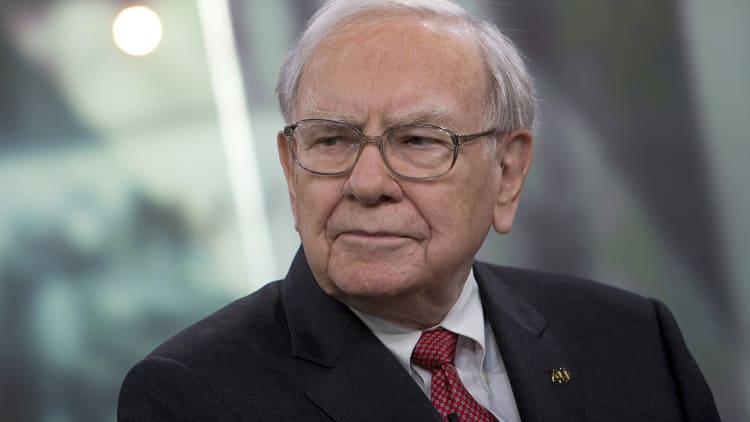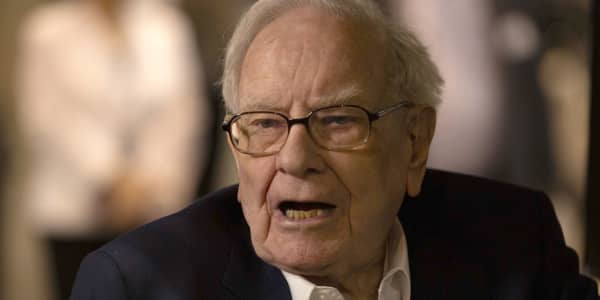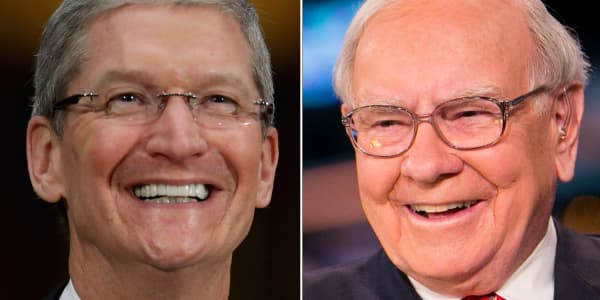
Burger King on Tuesday confirmed plans to acquire Ontario-based Tim Hortons for —creating a new company to be based in Canada with combined sales of $23 billion.
Berkshire Hathaway Chairman and CEO Warren Buffett is helping to fund the deal by committing $3 billion of preferred equity financing. The news release on the deal did not disclose the terms for Berkshire, which is only a financing source and will not have any participation in the management and operation of the business.
Under the deal, which has been approved by both boards, Tim Hortons shareholders will receive C$65.50 in cash and 0.8025 common shares of the new company for every Tim Hortons share. Based on Burger King's closing stock price as of Friday, this represents a total value per Tim Hortons share of C$89.32. Based on Burger King's closing stock price as of Monday, this represents total value per Tim Hortons share of C$94.05.
Following the closing of the transaction, each brand will be managed independently. The Tim Hortons business will continue to be headquartered in Oakville, Ontario, while Burger King's headquarters will remain in Miami.
Read MoreBurger King deal could be a tax dodge whopper
The new parent company is expected to be listed on the New York Stock Exchange and the Toronto Stock Exchange.
Brazilian private-equity firm 3G Capital Management will retain all of its investment in Burger King by converting its roughly 70 percent equity stake in the chain into equity of the new company. 3G Capital—which joined Buffett in last year's $23 billion takeover of H.J. Heinz—is expected to own approximately 51 percent of the new fast food company.
Burger King has obtained commitments for $12.5 billion of financing to fund the cash portion of the transaction, including commitments for a $9.5 billion debt financing package led by JPMorgan and Wells Fargo.
Amid speculation that the deal was motivated to save taxes by moving a U.S. company's headquarters to a foreign country, sources said the U.S. would receive at least as much in taxes, not less, because of the way the deal is structured. Those sources did not elaborate. Locating the new company's base in Canada was seen as a way to garner support from Canadian regulators, which tend to take a dim view of foreign acquirers, the sources said.
—By CNBC, with reporting by CNBC anchor Andrew Ross Sorkin and wire services.




